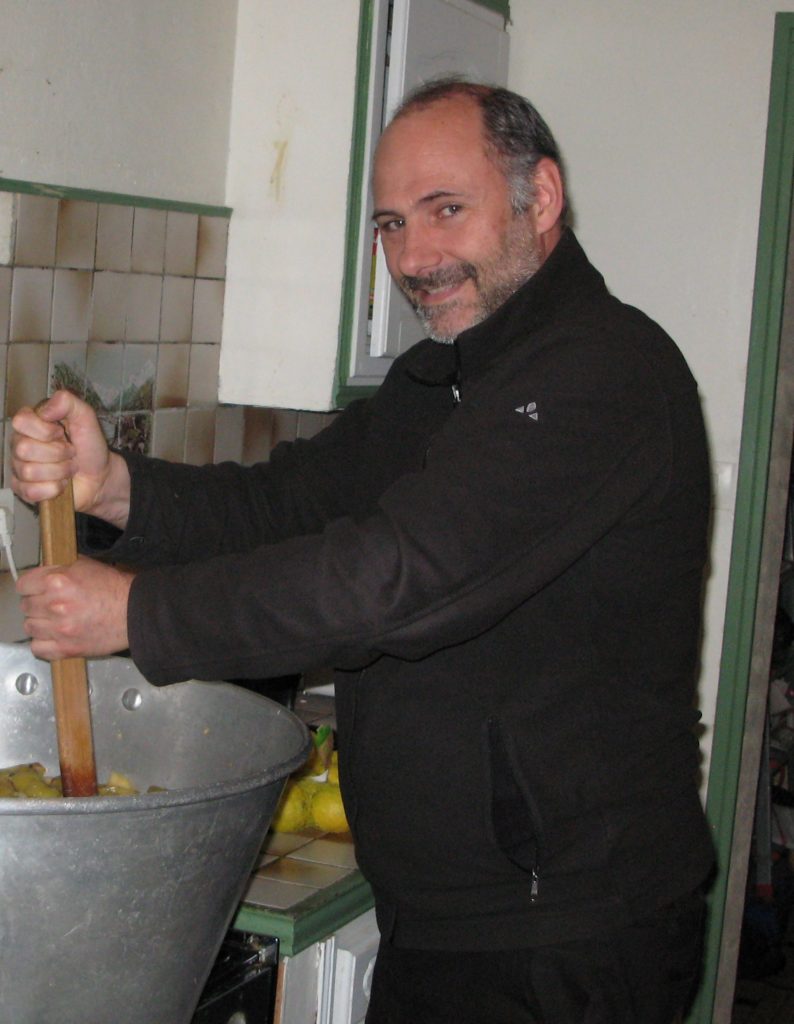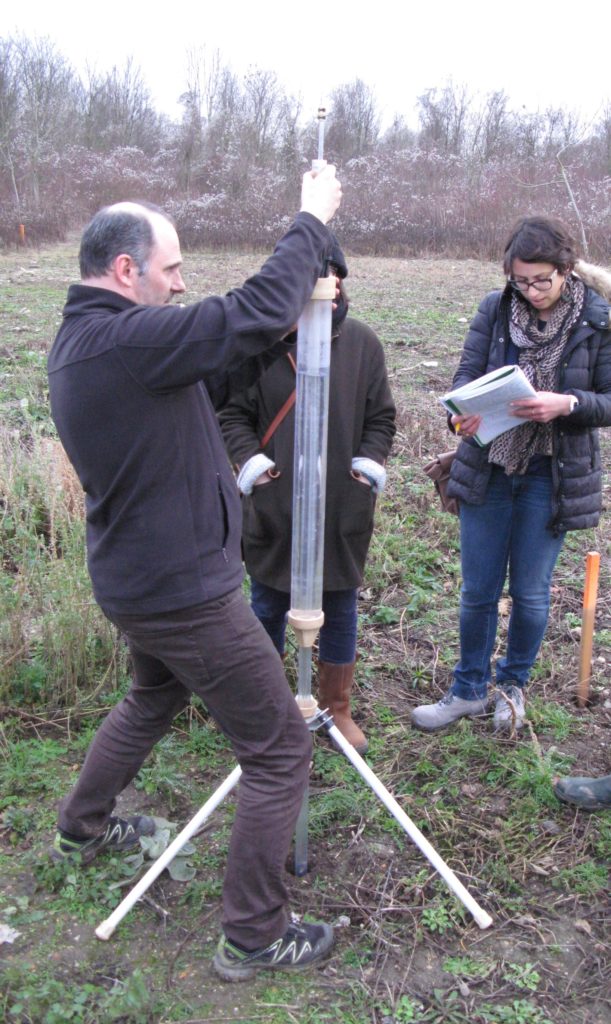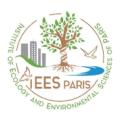
Associate professor
Le Conservatoire national des arts et métiers (CNAM) – iEES Paris – 2, rue Conté, 75003 Paris
Biography
I am associate professor at Conservatoire National des Arts et Métiers (Le CNAM), the French network for lifelong learning and social promotion, which pursues its goal of reducing inequalities in access to higher education and qualifications by the implementation of a flexible, modular, and diversified educational model and validation of knowledge acquired through professional experience. Since 2004, my teaching activity has grown in the field of hydrology, hydrogeology, and soil hydraulics applications in geotechnical engineering.
During and after my PhD in Engineering Geology (2000), I developed research expertise in the field of geometry and hydraulics within natural heterogeneous media, especially those where some discontinuities forming a network are embedded in the structure. This is typically the case of rock masses, or at other scales, soils.
From 2007, for eight years I have been a research associate at Leesu – Ecole des Ponts ParisTech, a lab of excellence mainly involved in water management and environment issues such as diffuse pollution by micropollutants in aquatic media. Then, for five years I have been working at Gef Lab – CNAM by further specialising on geomatics applied to hydrogeology and management of wastewater. Ongoing work on urban lakes is making use of both approaches.
My recent and present research activity consists to adapt methods from the theme of discontinuity networks to other types of heterogeneous media such as urban soils, oriented towards engineering applications known as “alternative decentralised solutions” mainly in water, soil and energy management. Thus, I have coordinated the national project ANCRES on the soil ecosystem services for on-site sanitation, first the depuration and evacuation of household treated wastewater through the soil, focusing on the pedotransfer functions in soils with high rock fragment contents.Also, I have developed a project on the recycling of materials, soils and rocks, excavated from civil engineering works in the process of urban development. The concept is to transform them into new soil called “Technosol” in the World Reference Base for soil Resources or “Anthroposol” in the French Pedology Referential. With a dedicated mode of implementation, those technosols should have interesting hydraulic, thermal, geotechnical and pedological properties. Technosols will allow to re-vegetate and minimize heat island effect and flooding hazard in urban areas, and this will bring new life to the urban ecosystem and allow for urban agriculture. In all these subjects, a good knowledge of hydrogeology and soil hydraulics is of basic importance. In 2020, I joined the FEST team of IEES to make more effective synergy with specialists in soil ecology and geochemistry.

